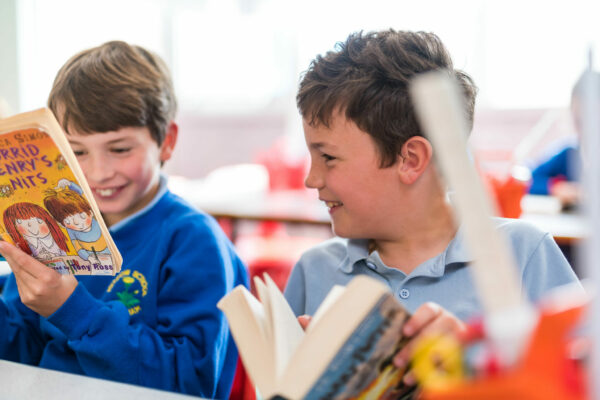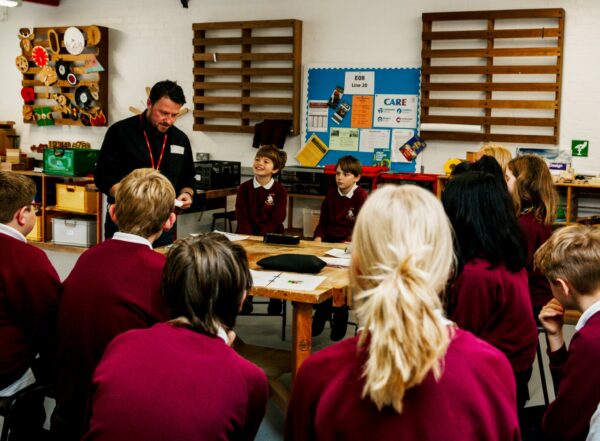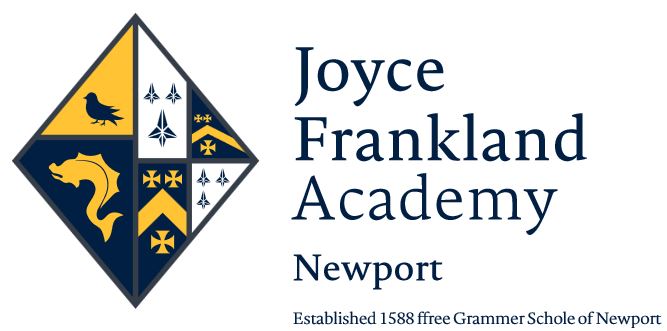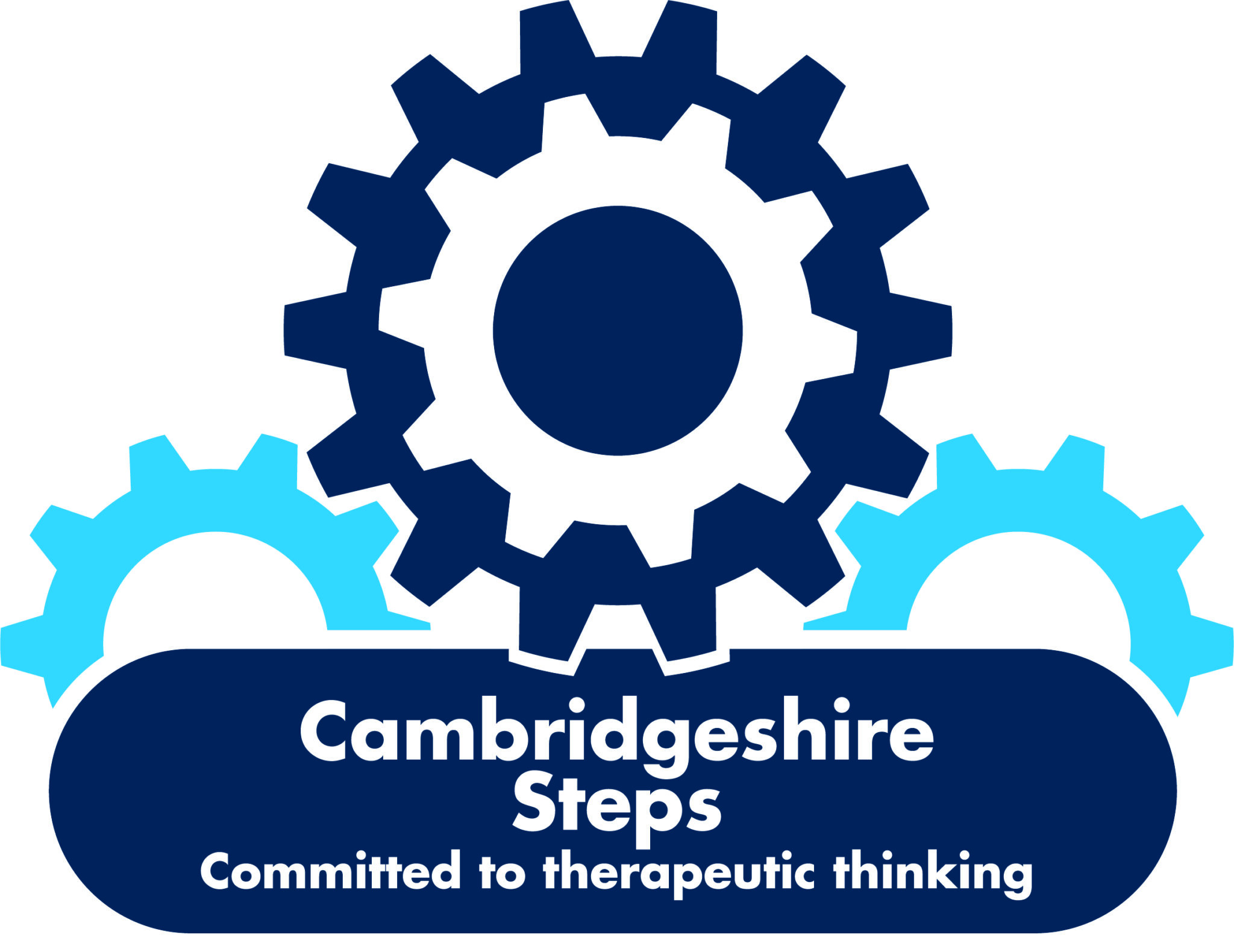Welcome to Anglian Learning
Anglian Learning is a highly successful multi academy trust of sixteen academies that have come together to provide outstanding education and learning for our communities in East Anglia. Formed initially of three existing academy trusts, who recognised the huge potential of coming together to form one larger group, Anglian Learning has expanded in response to requests from other schools to join us and we look to continue to grow over the next few years.
Our members share the firm belief that successful learning communities are underpinned by ambitious vision, trust and strong inspirational leadership at all levels of the organisation; that excellence is not simply defined by Ofsted grades and league table positions; and that education can play a transformational role in the lives of children and the success and wellbeing of our wider society.
Through membership of Anglian Learning, these goals are achieved by working with like-minded schools, leaders, teachers and all staff who are prepared to share responsibility, through support and challenge, to ensure that all our academies can offer an excellent education to all pupils, whatever their background and starting point.
Why Choose Us?
We are always pleased to hear from schools and academies that may wish to become part of Anglian Learning and who share our aims and values.
Learn MoreAnglian Learning Film
To find our more about Anglian Learning, from our staff and pupils, please watch this short film.
LATEST NEWS
WHAT WE STAND FOR
The overarching mission of Anglian Learning is simple and straightforward: to ensure the best possible educational outcomes and experiences for all of our pupils, for their families and their communities through self-sustaining, innovative and outward facing schools, able to support and challenge each other to achieve excellence.
LEARN MORESCHOOL OR TRUST? JOIN US
We are always pleased to hear from schools and academies that may wish to become part of Anglian Learning and who share our aims and values.
If you would like to explore being a part of our Trust, not only asking what Anglian Learning can do for you but what you can do for Anglian Learning, then do please get in contact by email to Sarah Golding, Trust Marketing Manager and PA to the Executive Trust Leadership Team, sgolding@anglianlearning.org or call 01223 340340.
LEARN MORE




















